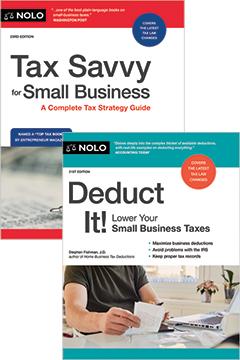Any party who may be damaged by an actual or proposed registration of a mark is entitled to challenge the registration.
Under the Lanham Act, any party who may be damaged by the actual or proposed registration of a mark is entitled to challenge the registration. If the mark has been published for proposed registration on the Principal Register, the party—usually the owner of a competing mark—can oppose the registration. The opposition must be in writing and be filed within 30 days of the proposed mark's publication in the Official Gazette. The U.S. Patent and Trademark Office (USPTO) may grant extensions of the 30-day period upon written request.
Under rules promulgated by the Madrid Protocol, if a party wants to oppose a trademark registration, the period for filing an opposition cannot be extended more than 180 days from the date the application was published. Those extensions must be now requested in one of two ways. A party opposing registration can, after the first 30-day period, either:
- request an extension of 30 days (granted upon request), followed by a second request for a further extension of 60 days (upon a showing of good cause), followed by a final further extension of 60 days (upon stipulation or written consent of the applicant), or
- request an extension of 90 days (upon a showing of good cause), followed by a final further extension of 60 days (upon stipulation or written consent of the applicant).
A party who intends to oppose a Section 1 or Section 44 trademark application can do so electronically or on paper. An opposition to a Section 66 application (an application under the Madrid Protocol) must be filed electronically.
If the mark has already been placed on the Principal Register, the party may petition the USPTO for cancellation of the registration. (15 United States Code, Section 1064.) A cancellation petition may be filed:
- within five years from the date the mark is published in the Official Gazette
- any time if the mark becomes generic or is abandoned or its use becomes fraudulent in some way, or
- any time, if the mark is a certification mark and it is being misused (for instance, the registrant no longer exercises control or the registrant begins to manufacture goods subject to the certification).
Marks proposed for placement on the Supplemental Register are not published for opposition. If a party believes that a mark's placement on the Supplemental Register may cause it harm, the party may file an application with the USPTO to have the registration cancelled. (15 United States Code, Section 1092.)
When a petition for opposition or cancellation is filed, or the USPTO declares an interference, an inter partes proceeding to resolve the dispute will be scheduled before the Trademark Trial and Appeal Board. (15 United States Code, Section 1067.) At the conclusion of this hearing, the Patent and Trademark Commissioner may:
- refuse to register the opposed mark (in an opposition case)
- cancel the registration of a mark or place restrictions on its use (in a cancellation case)
- refuse to register any mark, or some or all of several marks (in an inter-ference case)
- register the opposed mark or marks of persons who are found to be entitled to ownership, or
- order concurrent registration of marks along with conditions or restrictions on their use designed to prevent consumer confusion in the marketplace.
The USPTO will cancel a mark on its own—without anyone asking for it—if the mark's owner fails to timely file a Section 8 Declaration showing that the mark is still in use. Because this form must be filed between the fifth and sixth year following the initial registration, and because the USPTO doesn't send a reminder, the registrations of many marks are cancelled for this reason. And because the USPTO also doesn't send notice of the cancellation, many trademark owners continue to use their marks in the belief that they are registered, when they're not.
The fact that a mark's registration is cancelled in no way affects the right of the mark's owner to challenge other users of the mark on the basis of first use. But as long as the mark remains unregistered, the owner will not be entitled to the benefits of registration should a trademark infringement suit become necessary.
Related terms: federal trademark registration; interference; ownership of mark in the United States.
Learn more about Patent, Copyright, and Trademarks.



